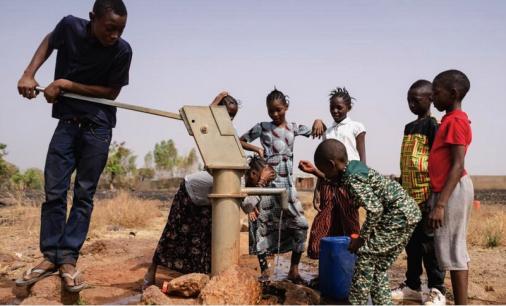Alternatives for the future of the Belgian development cooperation

Both in Belgium and partner countries, the colonial approach permeates all levels of development assistance. This is the view of, Adriana Moreno Cely, a Colombian VUB researcher, and principal investigator of the report. The study confirms the constant repetition of colonial patterns embedded in the development model implemented through international cooperation programs. This is also why many organizations no longer feel comfortable with the term development cooperation because it no longer captures it. They are more comfortable with partnerships. Participants want to put forward other ways that can help partner countries in their fight against poverty. decolonization has become a comfortable buzzword for the aid sector, and this carries risks, namely that decolonization will be “co-opted” and diluted into mainstream narratives of development policies and programs, without profound change.
There was a unanimous call to co-create the development assistance program with donors, policymakers, partner countries and civil society,” the report said. “This should then culminate in a program based on local priorities and needs, and implemented by local communities to strengthen ownership and mutual accountability.”
The report was produced by an international, transdisciplinary and multicultural consortium consisting of researchers and practitioners from VUB and ULB, and from Bolivia, Cuba, the Democratic Republic of Congo and Uganda. A multitude of people participated in the research, which led to the publication of the report: 206 people from different countries and in very different capacities (NGOs, administrations, partner organizations, academics,...). The research team used a participatory methodology to examine the “complexities, tensions and paradoxes” of the Belgian development aid industry and to explore with the various development actors new ways of thinking that could lead to decolonized forms of cooperation.